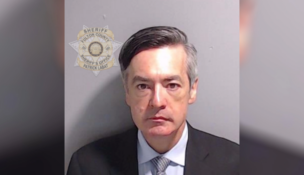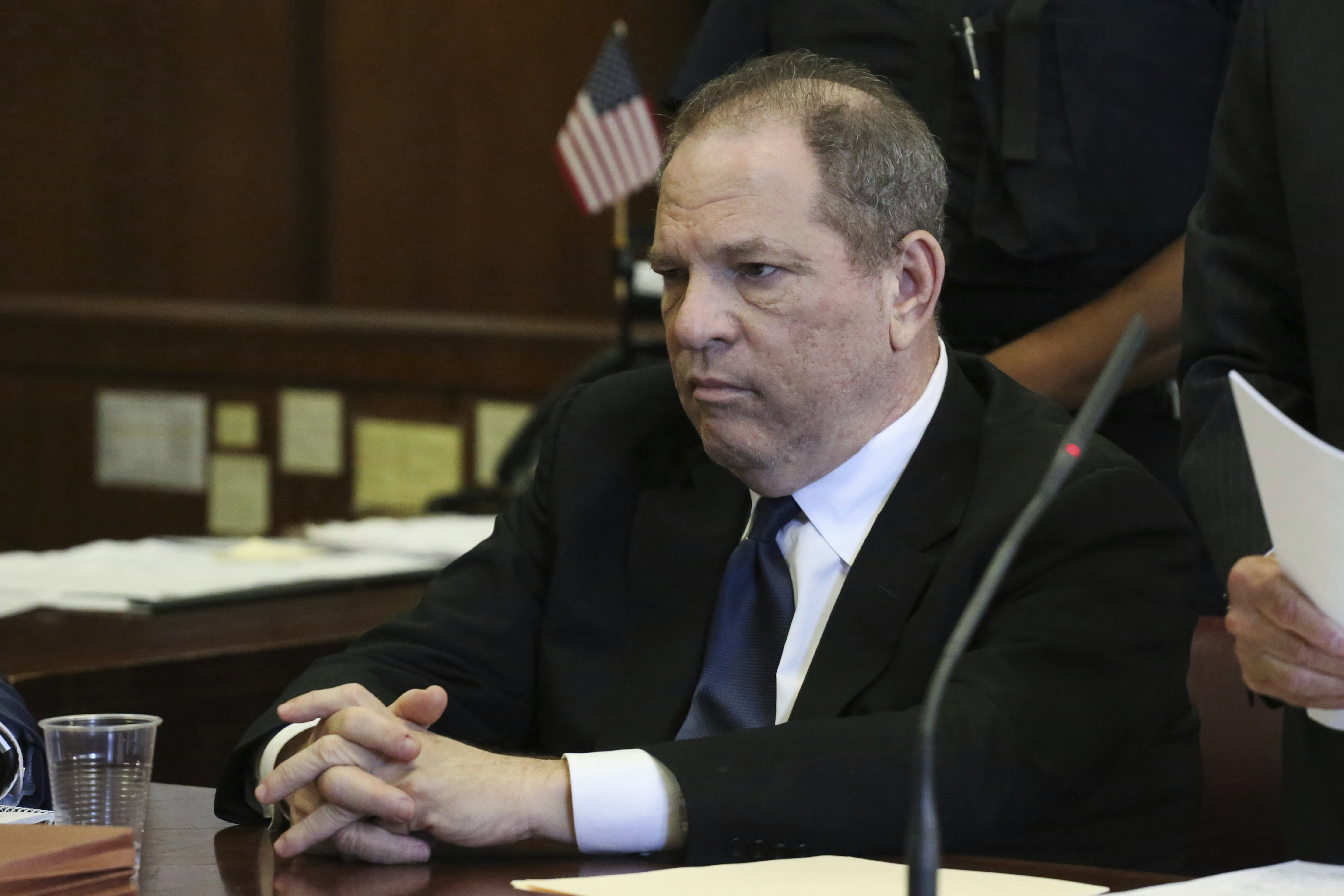Senate wraps up legislative session
By: Associated Press//March 16, 2016//
By Bryna Godar
and Todd Richmond
The Associated Press
MADISON, Wis. (AP) — Wisconsin’s two-year legislative session came to a quiet end Tuesday as Senate Republicans finished lawmakers’ final floor period by passing scores of low-profile bills and avoiding major controversies before they start their campaigns.
The Assembly finished last month. Senate Majority Leader Scott Fitzgerald, R-Juneau, said Tuesday will be his chamber’s last day. That means any bills that didn’t clear the Senate or any Assembly measures the Senate amended are probably dead; Assembly Speaker Robin Vos has stressed that he has no intention to reconvene.
The Senate agenda was jammed with more than 80 bills but was more notable for what wasn’t on it. Perhaps the biggest bill missing from the calendar was a measure that would have outlawed so-called sanctuary cities for immigrants. The bill would have forbidden municipalities from blocking police from asking about criminal defendants’ immigration status. The Assembly passed the measure last month while thousands of people, mostly Latino, protested outside the Capitol.
Fitzgerald said during a news conference the bill lacked support in his caucus, with some senators saying it didn’t go far enough and others saying police are already free to ask about immigration status. The bill could come back next session, he said.
Also missing from the agenda were Assembly bills that would have increased compensation for the wrongly convicted and lifted the $2,500 cap on tax-deductible student loan interest. Senate Republicans decided, too, to take up only three bills from a 10-proposal package the Assembly passed to combat dementia.
Fitzgerald said his caucus was concerned about spending too much money after revenue projections showed the state will finish the fiscal year with a surplus of around $70 million, down dramatically from initial forecasts that put it at $164 million.
Debate began mid-afternoon Tuesday and stretched until 9:30 p.m. Republicans passed three of the more higher-profile bills within the first two hours.
One was a proposal that would prohibit public schools from raising property taxes to recover more than their losses when students use vouchers to leave for private schools.
The voucher program subsidizes private school tuition. The state pays for it by cutting aid to public schools that lose students through the program. State law allows public school districts to raise property taxes to offset such losses, but districts currently can generate more than their actual losses by raising taxes to their per-pupil limit. The bill would allow districts to recoup only their actual losses. The Senate passed the measure 19-13 and sent it on to Gov. Scott Walker.
The second bill would allow people to register to vote online. The chamber passed that bill on a voice vote and sent it on to Walker. The last measure would loosen high-capacity water well regulations. The Assembly passed the bill last month, but Senate Republicans removed a provision allowing people harmed by water withdrawals to file nuisance actions. The bill passed 19-13, but the measure is dead unless the Assembly returns.
The rest of the agenda included dozens of non-contentious Assembly bills, including measures that would:
- Relax sulfur dioxide emission regulations and rework utility obligations to pay into the state’s renewable energy program. That bill passed 31-1.
- Ensure sexual assault victims and others who report sexual assaults can’t be cited for underage drinking. That bill passed on a voice vote.
- Increase grants for two-year college students; require state coordinators to help direct college internships; create coordinators within the UW System to help students find internships; and require colleges to keep students apprised of debt. All four bills passed without a Democratic vote. Senate Minority Leader Jennifer Shilling, D-La Crosse, complained the package amounted to crumbs for students and GOP campaign talking points.
Things got messy at the end after Sen. Robert Wirch, D-Kenosha, moved to take up a bill that would allow parents to legally possess cannabidiol oil, a marijuana derivative. Parents of children who suffer seizures have insisted the oil can provide relief. Fitzgerald told Wirch his caucus is divided on the bill. He moved to adjourn and Senate President Mary Lazich banged the gavel despite Democrats’ pleas to make closing speeches.
Fitzgerald told reporters later that Lazich and Sens. Leah Vukmir and Duey Stroebel feared the bill would open the door to legalizing marijuana.
Tuesday’s finish notwithstanding, the 2015-17 session was a tumultuous one. Republicans used their majorities in both houses to continue reworking the political landscape to their liking, passing the two-year state budget and bills that made Wisconsin a right-to-work state, revamped the state’s civil service system, re-shaped the state’s elections board and blocked prosecutors from using John Doe investigations — a procedure similar to a grand jury probe — against politicians.
Shilling said during a news conference that the calendar marked a disappointing end to the session, saying politics trumped people.
Legal News
- Questions of transparency, leadership responsibility linger over State Bar trust
- Firm demands $4.3M in dispute with Wisconsin client
- Chesebro among those charged with interfering in 2020 election
- Williams-Sonoma must pay almost $3.2 million for violating FTC’s ‘Made in USA’ order
- Harvey Weinstein due back in court, while a key witness weighs whether to testify at a retrial
- Protests erupt on college campuses throughout Midwest, and U.S. over war in Gaza
- Flight attendant indicted in attempt to record girl in airplane bathroom
- Wisconsin attorney loses law license, ordered to pay $16K fine
- Former Wisconsin police officer charged with 5 bestiality felony counts
- Judge reject’s Trump’s bid for a new trial in $83.3 million E. Jean Carroll defamation case
- Dozens of deaths reveal risks of injecting sedatives into people restrained by police
- The Latest: Supreme Court arguments conclude in Trump immunity case
WLJ People
- Power 30 Personal Injury Attorneys – Russell Nicolet
- Power 30 Personal Injury Attorneys – Benjamin Nicolet
- Power 30 Personal Injury Attorneys – Dustin T. Woehl
- Power 30 Personal Injury Attorneys – Katherine Metzger
- Power 30 Personal Injury Attorneys – Joseph Ryan
- Power 30 Personal Injury Attorneys – James M. Ryan
- Power 30 Personal Injury Attorneys – Dana Wachs
- Power 30 Personal Injury Attorneys – Mark L. Thomsen
- Power 30 Personal Injury Attorneys – Matthew Lein
- Power 30 Personal Injury Attorneys – Jeffrey A. Pitman
- Power 30 Personal Injury Attorneys – William Pemberton
- Power 30 Personal Injury Attorneys – Howard S. Sicula











